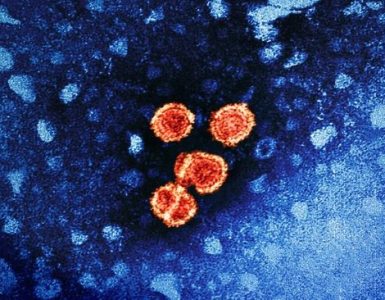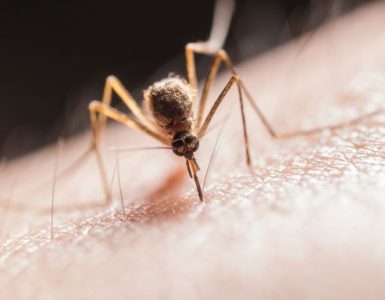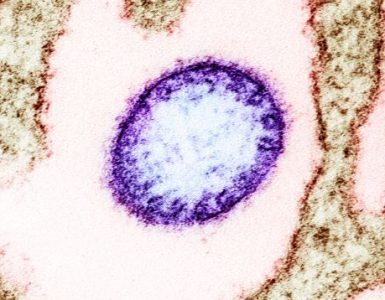Malaria is one of the most important public health concerns in the world. According to the latest WHO World Malaria Report, there were 247 million cases of malaria in 2021 compared to 245 million cases in 2020. The estimated number of malaria deaths stood at 619 000 in 2021 compared to 625 000 in 2020.
Over the two peak years of the pandemic (2020–2021), COVID-related disruptions led to about 13 million more malaria cases and 63 000 more malaria deaths. The WHO African Region continues to carry a disproportionately high share of the global malaria burden. In 2021 the region was home to about 95% of all malaria cases and 96% of deaths. Children under 5 years of age accounted for about 80% of all malaria deaths in the Region. Four African countries accounted for just over half of all malaria deaths worldwide: Nigeria (31.3%), the Democratic Republic of the Congo (12.6%), United Republic of Tanzania (4.1%) and Niger (3.9%)
Disease Burden in Nigeria:
Malaria is transmitted throughout Nigeria, with 97% of the population at risk of malaria. The duration of the transmission season ranges from year-round transmission in the south to three months or less in the north. According to the 2021 World Malaria Report, Nigeria had the highest number of global malaria cases (27 % of global malaria cases) and the highest number of deaths (32 % of global malaria deaths) in 2020. The country accounted for an estimated 55.2% of malaria cases in West Africa in 2020.
Case numbers increased 5.3% between 2017 and 2020, from 298 to 314 per 1000 of the population at risk. Deaths increased 4.7%, from 0.92 to 0.97 per 1000 of the population at risk during that same period. Data from the 2018 Nigeria Demographic and Health Survey (NDHS) show that the prevalence of malaria parasitaemia in children under five years of age was 23% (a decrease from 27% in 2015 and 42% in 2010), although there are significant regional, rural-urban, and socioeconomic differences: prevalence ranges from 16% in the South and Southeast Zones to 34% in the Northwest Zone. In rural populations, prevalence is 2.4 times than in urban populations (31% vs. 13%). Compared to the highest socioeconomic group, prevalence among children in the lowest socioeconomic group is seven times higher (38% vs. 6%).
The R21 Malaria vaccine is an Adjuvanted protein vaccine presented as a sterile solution. A dose which is 0.5ml is composed of R21 Malaria antigen 5µg and Matrix-M1 50µg as an adjuvant filled in a vial as ready to use liquid formulation for intramuscular injection. The vaccine is indicated for prevention of clinical malaria in children from 5 months to 36 months of age. The storage temperature of the vaccine is 2-8 °C.
A provisional approval of the R21 Malaria Vaccine was recommended and this shall be done in line with the the WHO’s Malaria Vaccine Implementation Guideline.
While granting the approval, the National Agency for Food and Drug Administration and Control (NAFDAC) has also communicated the need for expansion of the clinical trial conducted to include a phase 4 clinical trial/Pharmacovigilance study to be carried out in Nigeria.
The brief on the approval of the R21 Malaria vaccine has been communicated to the Honourable Minister of Health and National Primary Health Care Development Agency for appropriate actions toward immunization in the respective population.
NAFDAC remains committed in ensuring that only products that are safe, high quality and efficacy are made available for Nigerians.
Source: Outbreak News Today

















